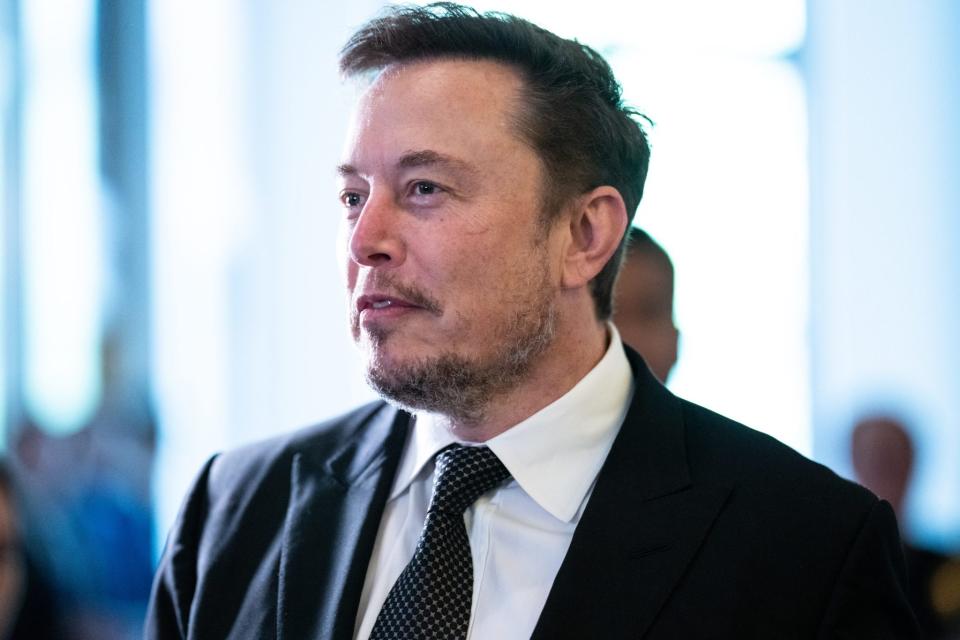The walls are closing in on Tesla: EV makers just took a bite out of its market share, and investor Bill Gross says it’s a meme stock now

Tesla’s market share is plummeting, and at least one seasoned investor says it looks more like a meme stock than a member of the Magnificent Seven.
Elon Musk’s electric car company, which has long dominated the U.S. EV market, made up less than 50% of U.S. EV sales for the first time ever in the second quarter, according to a soon-to-be-released report by research firm Cox Automotive. The EV maker’s U.S. sales fell 6.3% in the quarter, Cox estimated, even as overall EV sales in the country jumped 11.3% year over year.
The company’s lagging performance is partly due to increasing competition from legacy carmakers, according to the report. In recent years General Motors and Hyundai-Kia have both released long-range electric vehicles that can travel 300 miles on a single charge.
While a decade ago Tesla was one of the only options for EV buyers, the carmaker has had to cut its prices several times over the past year to compete with new EVs released at prices that rival those of gas-powered cars. In the coming months, GM is set to launch an electric version of the Chevy Equinox at about $35,000 before taking into account a $7,500 federal tax credit. Also in the works is a $25,000 electric Jeep that Stellantic CEO Carlos Tavares said in May would be coming to the U.S. “very soon.”
While Tesla’s share of U.S. EV sales has fallen, the company’s stock price has rebounded after starting the year as the worst-performing stock in the S&P 500. Tesla shares are up just over 7% year to date, but are still down about 2% year over year. In just the past five trading days, the company’s shares have shot up more than 15% after the company last week reported a smaller drop in sales for the second quarter than analysts expected.
The company’s miraculous stock performance in light of lagging sales has led bond king Bill Gross to claim Tesla is the new GameStop.
“Tesla acting like a meme stock—sagging fundamentals, straight up price action,” the Pimco founder posted on X Tuesday. “But then there seems to be a new meme stock every other day now. Most are pump and dump.”
Some Tesla bulls, including Wedbush’s Dan Ives, have claimed Tesla shares could continue to increase because it’s more of an AI and robotics company than a car company. Still, those high expectations will either be fulfilled or crushed with Musk’s promised robo-taxi announcement in August.
For now, despite its stock price, Tesla faces increased competition and an uncertain future, according to Cox Automotive’s industry insights director Stephanie Valdez Streaty.
“While Tesla’s sales continue to decline, with its share of EV sales now below 50% for the first time, the overall electric vehicle competitive landscape intensifies further. This is leading to continued price pressure, helping push EV adoption slowly higher,” Valdez Streaty said in a statement. “Automakers that deliver the right product, at the right price, and offer an excellent consumer experience will lead the way in adoption.”
This story was originally featured on Fortune.com

 Yahoo Finance
Yahoo Finance 